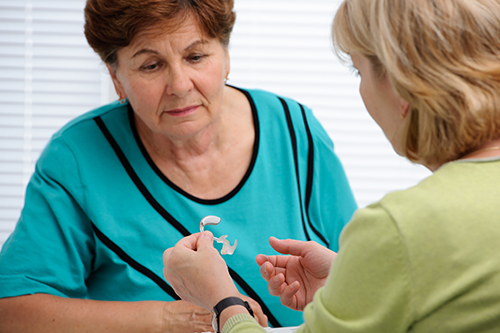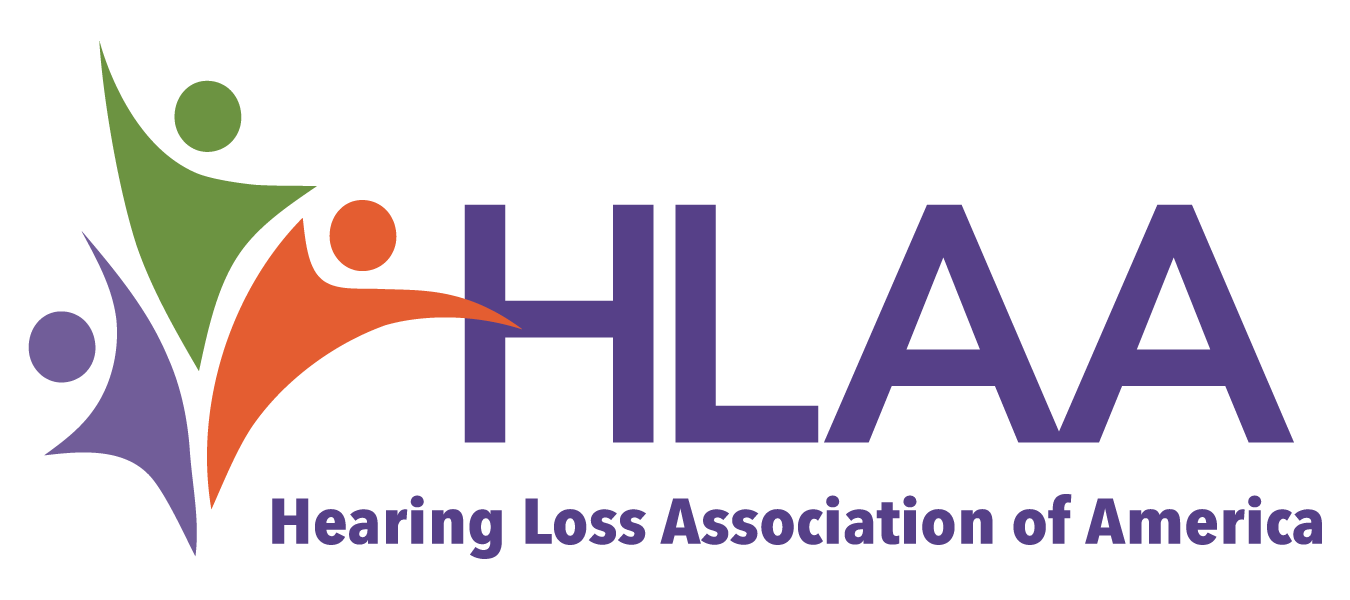I created an account to join ICAAT's Tech Forum but did not receive a welcome message with further instructions. What should I do?
Your welcome message may be in the spam folder of your email account rather than your inbox. Check your spam folder for a message from Alliance for Access <noreply@allianceforaccess.org> and a subject line that reads “Welcome to ICAAT’s Tech Forum.”
If you do not find a welcome message in either your inbox or spam folders, Contact Us and let us know you are having a “Problem with log-in or accessing the website.” Mention in your message that you did not receive a welcome message and you checked both the inbox and spam folders of your email account.
Compensation
Posted:
ICAAT expects that consumers who contribute to design and development research and testing with companies will be compensated in some way for their time, expenses incurred, experience, and perspective. This is both common and best practice.
While compensation can vary depending on the type of activity being done or the nature of the commitment, we understand that compensation can be affected by other factors as well. For example, small start-up companies may not be able to offer the same compensation rate as larger, established companies.
Whatever the compensation, companies must be transparent about the details of that compensation, or lack thereof, so consumers can make an informed decision about whether to participate. Consumers must also be given an option to leave an activity at any time if they so choose. If doing so affects compensation, then that information should be provided in advance as well.

How do I create an account to join ICAAT's Tech Forum?
Creating an account is free and easy. Click here and follow the prompts to complete the appropriate fields. Other than the required fields, you are welcome to share as much as you feel comfortable in the account profile. Please note that Industry accounts will be reviewed by the Hearing Loss Association of America.
I’d like to see a user story on a particular experience. Can I contribute one?
On the User Stories page, you will find an icon on the right-hand side of the page that says “Contribute a Story.” Click the icon or go to the Contact Us page. You will need to provide your name, an email address so we can contact you, and the topic of your suggested story. We review user story submissions on quarterly basis.
We will contact you at the email you provided when contributing a story idea. Assuming the topic or experience is not already a user story, we will ask you to provide a full story (max. 800 words). We will edit the story to fit the website style and may contact you in follow up if we have any questions. Submissions should not include mention of any particular technology brands, device models or service providers. User stories are selected by the ICAAT team based on topic and relevance.
Another test for skip logic
Posted:
test
Posted:
test
Posted:
Strategic Thinking
Posted:
I spend a lot of time and energy thinking about the situation I'm going to be in and what strategies and hearing assistive technology would be appropriate. Let's say I'm going out to dinner with friends. I have a variety of technologies I might consider bringing.
I own two cell phones. The primary phone I use for making calls, with apps for controlling my hearing devices and other hearing accessibility features, and another phone for the speech-to-text app I prefer to use. The apps need different operating systems, which is why I have two phones. I also have a remote microphone that works well but has some usability issues that trip me up but it's much more effective than the remote microphone built into my primary phone in certain situations.
Each of these devices has different ways of charging them so if I'm bringing a battery backup in case a device runs out of power I need all the additional cables and accessories. I also need enough time to charge everything up before heading out of the house to an event. All this takes time, planning, and organization so I have some confidence in my ability to fully participate. As I said, going out isn't as easy as it used to be.
I used to just go wherever I wanted whenever I wanted without much thought. Now I have to be very mindful. Being severely hard-of-hearing as I am these days has put me in a position that I've never been in my life before, which is feeling a little less in control of things.
Teaming Up With Captions
Posted:
I’m a product designer at a technology firm, who has hearing loss. My team has a lot of virtual meetings, and I rely on captions for those meetings. Even with captions, I can miss pieces of the conversation trying to synthesize what I'm hearing with what I'm seeing via lipreading and what I'm reading in the captions. When there's a mismatch between what I got from listening and lipreading and what the captions said, I'm not always sure which is right. Luckily, my team was up for a little experiment.
We tried running a meeting with our speakers turned off, relying only on captions. From that experience, everyone realized that it was easy for team members with hearing loss to lose the thread of the conversation when something went wrong with the captions. Now we all turn our captions on. It gives all of us a chance to monitor them and share the responsibility for communicating well.
It's hard to explain what it's like to have hearing loss and communicate in a group setting. Sometimes a shared experience can really help clarify things.
It Can Work
Posted:
My local performing arts center makes using their assistive listening systems easy. Here's how they make it work.
- There's a kiosk in the main entry with signage indicating the use of assistive listening systems in all theaters.
- The staff are well trained in the FM system they use.
- Your ticket shows which hall you are going to, and the staff person sets the receiver to the proper channel, explains how it works, and assures you the batteries are fully charged because they are changed each night.
- The staff person asks if you want to use a headset or a neckloop and also can explain how each works.
- There is a way for you to test the sound at the kiosk using music that is piped in from the hall where your event is being held to ensure the equipment is working before you even leave the kiosk.
- You do not have to leave any ID to receive the equipment; the ticket you purchased in advance serves as the ID.
- You make your way to your seat, relax and enjoy the show alongside everyone else
Access to assistive listening systems in public spaces can be problematic for a variety of reasons, but it also can work.


